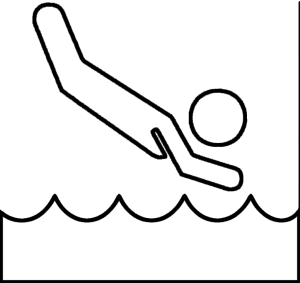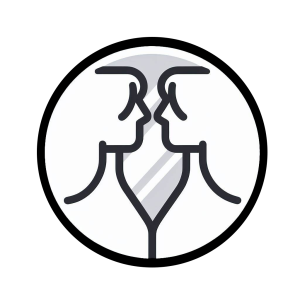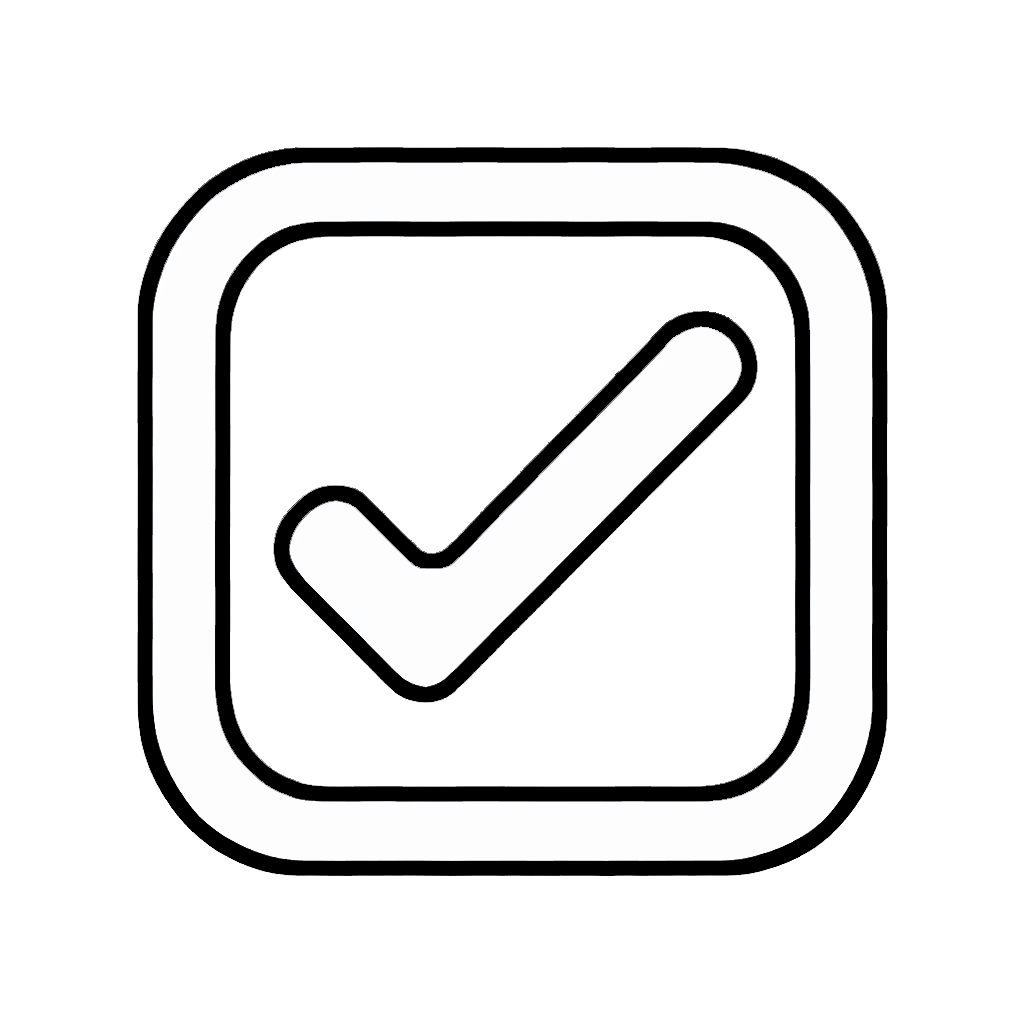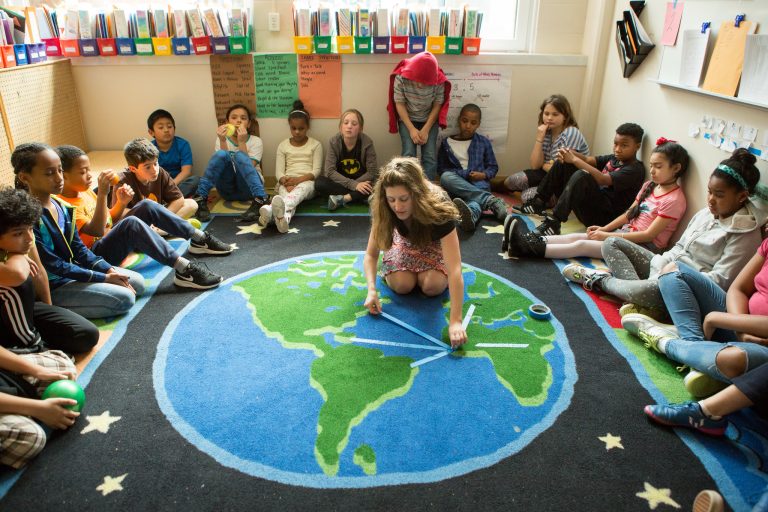Stay Plugged In
 Preparing to Learn
Preparing to Learn
Stay Plugged In
Click on one of the linked professional organizations in the table below and scan the website to learn more about it. As you go through this chapter, think about why it might be necessary for educators to stay plugged into professional organizations.
Stay Plugged In
As an educator, it is vital to stay plugged into your educational community so that you can continue to grow as an educator and adapt when laws, pedagogies, practices, and student populations shift. It is equally as important to stay engaged with young people, as young people presumably share values and experiences that are similar to your prospective students. This chapter explains the importance of staying plugged in and how to get connected to organizations and communities early in your career.
With Professional Organizations[1]
As an educator, it is important to become a member of professional organizations that support teachers. These organizations are often focused on specific sub-fields, like literacy, math, or science, but some organizations support teachers in general. These organizations often have both state and national (or even international) networks and conferences, which can be an exciting way to keep your learning current while meeting other educators like you. Sometimes students and early-career teachers can join these organizations or attend conferences at a discounted rate–sometimes even for free.
Choose two of these professional organizations and visit their website.
- Do they have a chapter in your state or even at your university?
- What are your professional organization’s belief statements or position statements on teaching
- What journals do your organization publish for practicing teachers?
- What resources does your professional organization provide teachers?
- What special events does your organization hold for teachers?
| Name of Organization | International, National, State | Focus of Organization |
|---|---|---|
| AERA(American Educational Research) | International and regional chapters | All areas of education with special interest groups, such as teacher research |
| ASCD (formerly the Association for Supervision and Curriculum Development) | International; state chapters(and even college chapters) | General K-12 (and sometimes K-16) education |
| ILA (International Literacy Association) | International and state chapters | A global, literacy-focused professional organization serving k-12 and higher education |
| NABE (National Association of Bilingual Education) | National, state, and local chapters | An organization of American music educators dedicated to advancing and preserving music education as part of the core curriculum of schools in the United States |
| NAFME (National Association for Music Education) | National, state, and local chapters | An organization of American music education as part of the core curriculum of schools in the United States |
| NCSS (National Council for the Social Studies) | International, national, state, and local chapters | A U.S. -based association devoted to supporting social studies education |
| NCTE (National Council for Teachers of English) | National, state, and local chapters | A United States professional organization dedicated to improving the teaching and learning of English and the language arts at all levels of education |
| NCTM (National Council of Teachers of Mathematics) | International, national, and regional chapters | The world’s largest mathematics education organization |
| NSTA (National Science Teaching Association) | National, state, and local chapters | An association of science teachers in the United States and is the largest organization of science teachers worldwide |
| TESOL (Teachers of English to Speakers of Other Languages) | International, national, and state chapters | The largest professional organization for teachers of English as a second or foreign language |
- American Council on the Teaching of Foreign Languages – ACTFL
- American Association of Family and Consumer Science – AAFCS
- Association for Childhood Education International
- Teachers First
- Association of American Educators
- Council for Exceptional Children (CEC), Division for Early Childhood (DEC)
- ISTE Professional Development: ISTE
- National Association for the Education of Young Children
- Additional General Professional Associations
In addition to these formal venues, you can stay informed through keeping up with high-quality websites, podcasts, and other online resources. A high-quality online resource is often vetted by an editor or a content expert. While sites like TeachersPayTeachers and Pinterest can have some ideas for inspiration, these sites are not moderated and therefore are not guaranteed to have high-quality, accurate content and resources. Below are some websites and podcasts that you might find useful.
 Deeper Dive
Deeper Dive
High Quality Websites and podcasts
Choose one resource from the websites and podcasts listed to explore. What kinds of resources does it house? How could you see this resource helping you stay informed?
Websites:
- Edutopia
- Learning for Justice
- Cult of Pedagogy Blog
- ReadWriteThink
- EdShelf
- Discovery Education
- OER Commons
- Dave’s ESL Cafe
Podcasts:
Education is constantly evolving, and outside forces have tried to shape the trajectory of education for a long time. For example, just in the first few years of the 2020 decade, headlines about education addressed the pandemic, issues of equity with online learning, critical race theory in schools, and more–topics that were of timely consideration due to other social, economic, and political factors and contexts. Listening closely to these news stories can also highlight misunderstandings people have about how education works in the United States. For example, the recent backlash against critical race theory taught in schools sometimes implied that the Federal Department of Education endorsed or required its teaching. From your journey through this text, you know that the Federal Department of Education has no jurisdiction over curriculum; such educational decisions are left to individual states.
 Critical Perspective
Critical Perspective
Critical Race Theory in Education
In 2021, Critical Race Theory became an often-covered headline related to education. In this interview with NPR, Gloria Ladson-Billings, one of the first people to apply Critical Race Theory to the field of education, explains some of the recent bills to block the teaching of Critical Race Theory. After you have read this article, compare what you read to what you have heard on the news and other media sources. What new understandings and questions do you have?
Furthermore, staying informed involves seeking news from multiple sources instead of accepting what you hear from one source as truth. Make sure that you are seeking input from well-studied experts in the field. When reading the news about education with a critical lens, here are a few questions to consider.
- What is the headline/story about?
- Why is this a significant event to cover?
- Who seems to be driving the narrative in the piece?
- Whose voices seem to be excluded?
- What emotional response from the listener/viewer/reader does the piece seem intended to evoke, and why?
- What stances from actual stakeholders in education–teachers, families, students, administrators, or others–are centered or de-centered?
When you listen to current events and stories about education in the news with a critical lens, you will sometimes notice that teachers’ voices are often not heard. Deprofessionalization is a common problem in education. When education is micromanaged–when teachers are told what to teach and given scripted, “teacher-proof” curriculum to teach from–and when teachers are undervalued–expected to do extensive work for low wages–deprofessionalization occurs. As you learned in Module 2, education’s long history in the United States as a female-dominated field directly correlates to deprofessionalization, especially when women teachers were paid less and encouraged to think of their work as a “calling” instead of a profession.
As you’ve read so far, staying informed is part of your ongoing journey toward becoming a teacher, and you should continue to stay informed even after you earn your teaching license. Next, we’ll consider building a resume.
With Young People
The best way to learn to be a teacher is to get experience working with students, so consider various ways to stay engaged with young people. One way to stay engaged is to seek out opportunities to volunteer in local classrooms. Teachers can always use help with creating classroom materials, working one-on-one with students, and other classroom tasks. You also may be able to apply to be a substitute teacher in your local school district, even before you finish earning your teaching credential. While this can be a powerful way to develop your future teaching skills, you should also be aware that being a substitute teacher is not the same as being a full-time classroom teacher.
 Reflect
Reflect
Stay Engaged
Think about your own experience as a student–when you had a substitute teacher, how did you respond? How did the sub respond? Why do you think substitute teaching isn’t the same as being a full-time classroom teacher?
Another way to stay engaged is through opportunities in your local community. You may be able to help with an after-school tutoring program or homework club. If your community has a high number of refugees, special programming may be available to support this portion of the population. You could also be involved with designing and implementing curricula for local summer camps or children’s museums. Wherever your passions lie, there will likely be many opportunities to stay engaged with young people that will strengthen your skills as a future teacher.
However, if you choose to stay engaged, be sure you know any policies various organizations may have about volunteers and visitors. Many public schools require background checks for volunteers who will be in schools regularly (such as when you are completing a practicum experience); others may ask you to check in at the front office when you arrive and let them know when you leave. As a volunteer, you should also never be alone with a student. These rules and expectations are in place to keep students safe, so you must always follow them.
One final consideration as you stay engaged is to prioritize stretching yourself outside of your comfort zone. While it may be highly tempting to go back to the summer camp you loved as a child as a counselor now, that experience is one you are already familiar with. Go beyond your local community and experiences to expose yourself to different places, people, and ways of thinking. Your future classroom will be full of diverse learners, and stretching your horizons now will make you a more effective teacher.
 Knowledge Check
Knowledge Check
Stay Plugged In
Now that you have had an opportunity to learn more about professional organizations in education and ways that you can stay plugged in once you begin teaching, think about how you will stay plugged in as an educator.
References
- The following chapter is revised from Introduction to Education by Angela Hooser and Janna McClain, under a Creative Commons Attribution-NonCommercial-ShareAlike 4.0 International License ↵

